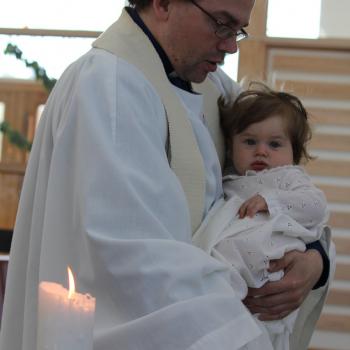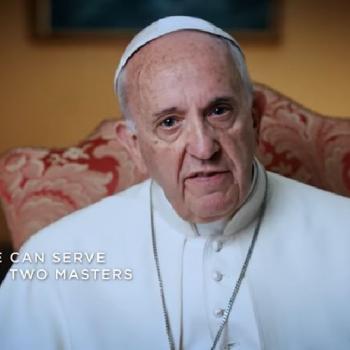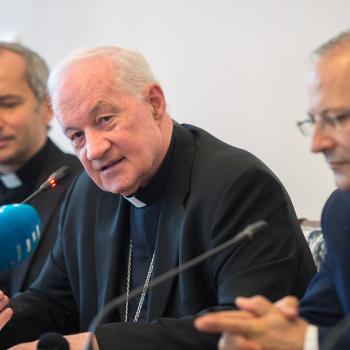What did Pope Francis and Austrian Chancellor Sebastian Kurz talk about in their audience last Monday in Rome? According to the press release issued by the Vatican press office, the two leaders discussed both Austria’s “contribution with the European Union and the need for solidarity between peoples” as well as “various current international issues, including peace, nuclear disarmament and migration”. The touchstone of the talks, however, was “the promotion of the common good of society, especially with regard to the weakest sectors of the population”. A fact that was underlined the very next day, when the Austrian Caritas agencies took Kurz to task for the “humanely questionable, socially dangerous and economically absurd” budget cuts the Chancellor has proposed.
The new Austrian government, which swept to power in December last year, is planning a strict austerity budget for the coming year, in accordance with EU guidelines that limit member states to a “structural zero deficit” of no more than 0.5%. “The goal is a lean state so we can reduce the tax burden on working people”, said Chancellor Kurz, stipulating that public debt will be cut “towards 60% of GDP” without introducing new taxes. The social justice agencies of the Austrian Church, however, criticized the austerity measures in a statement released on Tuesday, denouncing what they called a “gradual dismantling of the welfare state” that they warned “might endanger social peace in our country”.
The budget cuts that “deeply worry” the Austrian Caritas organizations are those which will affect employment programs both for young and middle-aged people as well as integration programs for refugees and immigrants. The widening gap “between rich and poor makes many people very afraid”, they alert in their statement, adding that “our urgent appeal to the Government is that the pressure of those who are already most affected by poverty today must not increase in the future”. A plea that seems likely to fall on deaf ears, given the prediction that the cuts “will lead to more, not fewer, minimum wage recipients” who will rely on government help for longer, not shorter, periods.
A strategy that is “neither socially nor economically effective”
In terms of specific policies in danger in the new budget, the diocesan Caritas agencies call on Kurz to up the 250 euro bonus for families reliant on a minimum income or those with only one parent or one wage earner, and to protect families’ work-life balance. They demand of the Chancellor too that since “work is a human right and unemployment is one of the biggest challenges of our time” – with more than 400,000 Austrians currently looking for work – he not cut current provisions for “the appropriate training and development of an expanded labor force”. And since work, too, “is a key means of integration” of foreigners who come to Austria, the Caritas organizations warn that “if funds for language courses and inclusion programs are to be reduced, people will be prevented from being able to care for themselves and their families and to contribute to society, for example, by paying taxes”. A strategy that “is neither socially nor economically effective”, since “a strong society like ours also has a special responsibility for the weakest”.
Is it too much to imagine that the criticisms of Kurz of the Austrian diocesan Caritas agencies, or similar, were on the lips of Pope, too, when he met the Chancellor? I can well imagine Francis issuing the same warning to Kurz that the social justice organizations have, in their expectation that “the austerity measures be rechecked for their social compatibility” or else, “withdrawn”.
















